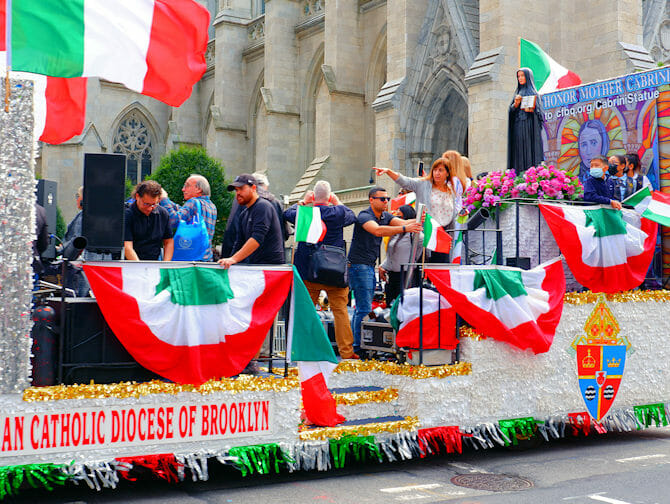Significance and Observance of Columbus Day 2025

Introduction to Columbus Day
Columbus Day, observed on the second Monday of October, is a federal holiday in the United States that commemorates Christopher Columbus’s arrival in the Americas in 1492. The day, celebrated since the 18th century, has sparked debates over its significance in contemporary society, particularly due to the implications of colonization on Indigenous peoples. As we approach Columbus Day in 2025, it is essential to evaluate its relevance and the ongoing discussions surrounding its observance.
Historical Context
Christopher Columbus’s expeditions were historically significant as they marked the beginning of sustainable contact between Europe and the Americas. However, this contact led to the colonization of Native American lands, resulting in cultural erasure, violence, and the spread of diseases that devastated indigenous populations. In light of these historical injustices, many U.S. states and localities have chosen to rename Columbus Day to Indigenous Peoples’ Day, acknowledging and celebrating Indigenous history and cultures.
Current Trends and Observations
As of 2023, several states, including Alaska, South Dakota, and Vermont, have adopted resolutions to honor Indigenous Peoples’ Day instead of Columbus Day, signifying a shift in public perception about the holiday’s meaning. There is an increasing trend towards recognizing the contributions of Native Americans to society and advocating for reparative justice. The potential observance of Columbus Day 2025 may see more states aligning with this approach, as community awareness and activism continue to grow.
Future Considerations
In 2025, discussions surrounding Columbus Day will likely reflect broader societal themes of equity, justice, and the need for inclusive narratives in education. It poses an opportunity for dialogue on historical facts versus mythologies surrounding American history. For educators, the holiday can serve as a catalyst for teaching about colonial histories and Indigenous rights, ensuring that future generations comprehend the complexities of America’s past.
Conclusion
As Columbus Day 2025 approaches, it is essential for communities to engage in informed discussions about the implications of this holiday. While its observance varies across the nation, the significance of the day continues to evolve. The growing recognition of Indigenous Peoples’ Day reflects a broader movement towards understanding and reconciling America’s complicated history. Ultimately, how Columbus Day is celebrated—or not celebrated—in 2025 will reveal society’s willingness to confront and address its historical narratives.









